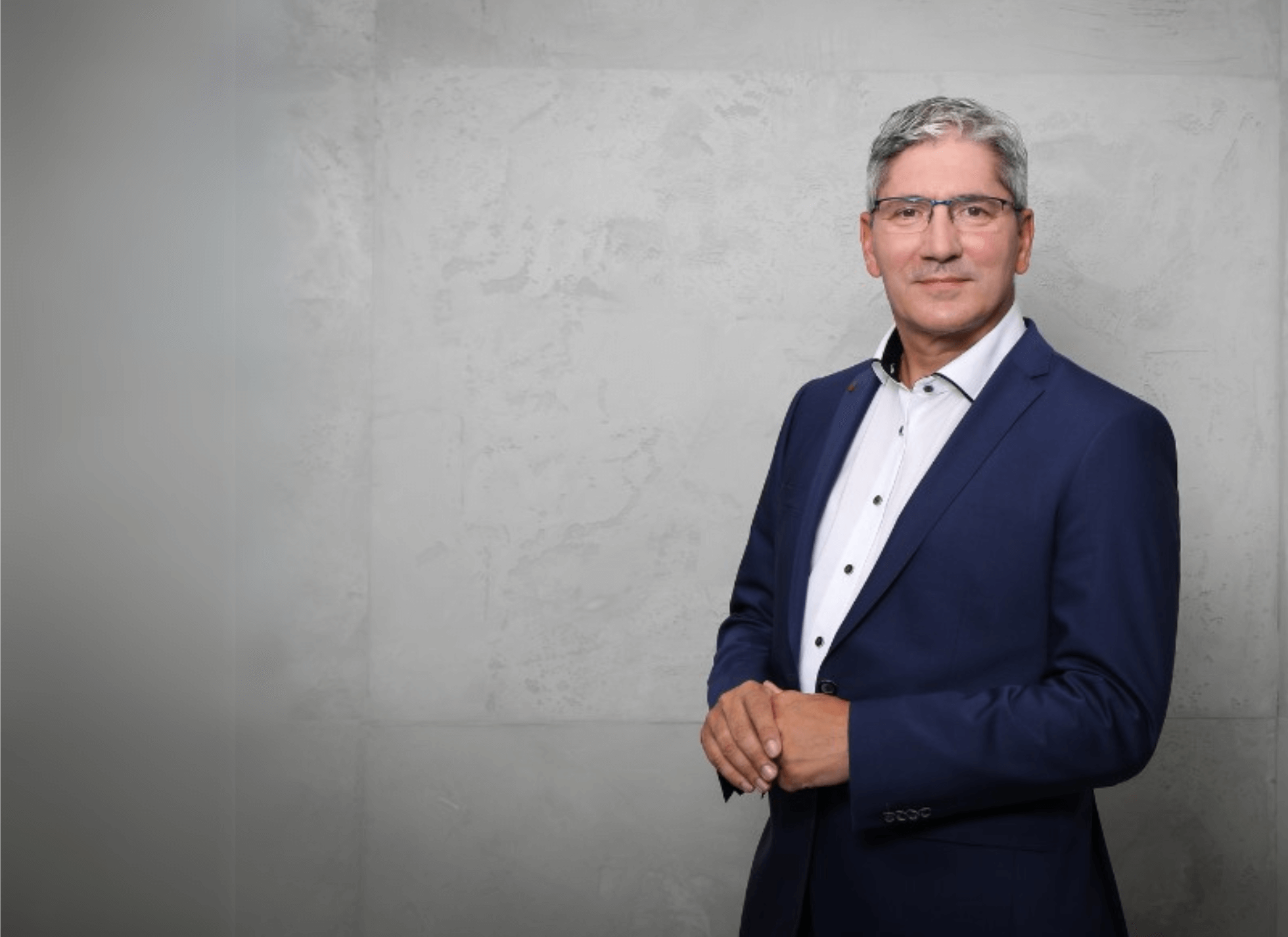Solutions
Solutions
Delivering executive coaching, mentoring, and leadership development with a unique blend of commercial acumen and behavioural change expertise.
About us
About us
SMG is Australia’s premier leadership development advisor. Since 1998, we’ve partnered with exceptional talent to elevate leadership skills and unlock organisational potential.

















